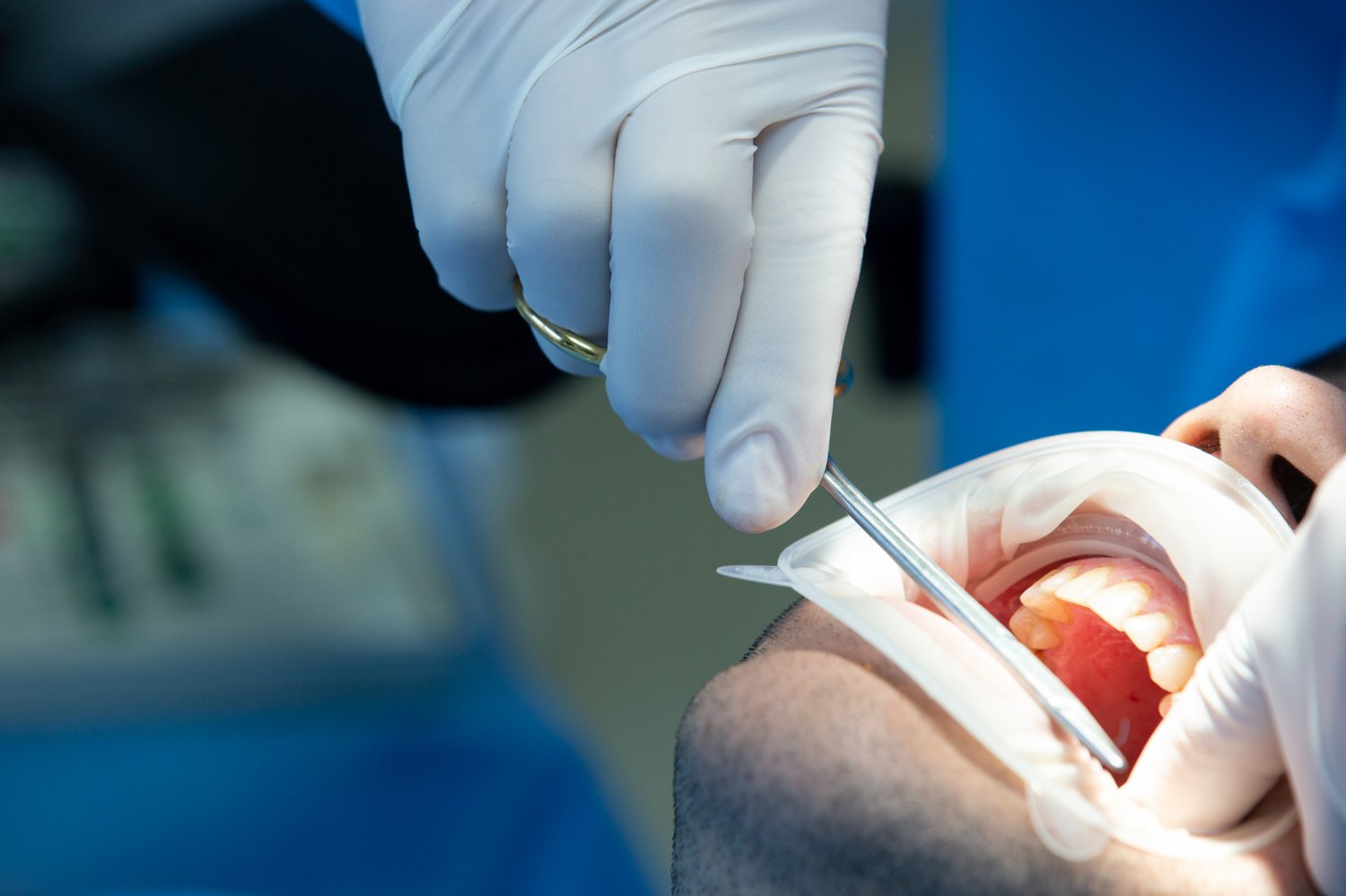Experiencing persistent discomfort at the back of your jaw can often be the first sign of an underlying issue with your wisdom teeth. If this sounds familiar, it might be time to explore wisdom tooth extraction in Dubai as a proactive solution. Wisdom teeth, also known as third molars, usually erupt in late adolescence or early adulthood, and while some emerge without complications, many become problematic. Understanding the causes of pain and what extraction entails can help you make a confident and informed decision about your oral health.
Why Wisdom Teeth Cause Pain:
Wisdom teeth pain is typically caused by a lack of space in the jaw for these late-erupting molars to grow in properly. As they attempt to push through the gum line, they may become impacted—trapped beneath the gum or bone—leading to inflammation and pressure. In some cases, partially erupted wisdom teeth can cause food particles and bacteria to become trapped, resulting in infection. The pain may be sharp and sudden or dull and persistent, and it can spread to the ear, neck, or even cause headaches. Recognizing the source of the pain is the first step toward relief and long-term dental stability.
When Extraction Becomes Necessary:
Not all wisdom teeth need to be removed, but extraction is recommended when pain is persistent or complications begin to develop. Dentists may suggest removal if the teeth are impacted, misaligned, or contributing to crowding. Additionally, cysts, decay, and damage to adjacent teeth are common reasons for early intervention. In many cases, even asymptomatic wisdom teeth are removed as a preventive measure to avoid future issues, especially if x-rays reveal signs of poor angulation or insufficient eruption space.
What to Expect Before the Procedure:
Before undergoing wisdom tooth extraction, your dentist will conduct a thorough examination using panoramic X-rays or 3D imaging to assess the position of your teeth and the surrounding bone. You’ll also discuss your medical history and any medications you’re taking. A treatment plan will be developed that may involve local anesthesia, sedation, or general anesthesia depending on the complexity of the case. Preparing for the procedure may also include instructions about fasting, medication adjustments, and post-operative arrangements for transportation and care.
The Extraction Process Explained:
The procedure itself is generally straightforward, though it can vary based on the position and condition of the tooth. For erupted teeth, a simple extraction using forceps may suffice. Impacted teeth, however, often require surgical extraction, which involves making a small incision in the gum and possibly removing some bone to access the tooth. In some cases, the tooth is sectioned into smaller pieces for easier removal. The entire process typically takes 30 to 60 minutes per tooth, and patients are closely monitored throughout to ensure comfort and safety.
Recovery and Aftercare Tips:
Post-operative recovery is crucial to ensure a smooth healing process. Most patients experience mild to moderate swelling and discomfort for a few days, which can be managed with prescribed medications, cold compresses, and rest. Soft foods, hydration, and proper oral hygiene practices are recommended to support healing. Key aftercare tips include:
- Avoiding hard, crunchy, or hot foods for several days
- Not using straws or spitting forcefully to prevent dry socket
- Gently rinsing with saline or prescribed mouthwash after 24 hours
- Sleeping with the head elevated to minimize swelling
Healing usually takes one to two weeks, with follow-up visits scheduled to monitor recovery and remove any sutures if needed.
Potential Complications and How to Avoid Them:
While wisdom tooth extraction is generally safe, complications can arise if post-operative instructions aren’t followed properly. Dry socket is one of the most common issues, occurring when the blood clot that forms in the extraction site is dislodged, exposing the bone and nerves. This can cause intense pain and delay healing. Infections, nerve irritation, and prolonged swelling are also possible but rare when performed by a qualified oral surgeon. Choosing an experienced provider for wisdom tooth extraction in Dubai can significantly reduce your risk and ensure optimal results.
Benefits of Timely Wisdom Tooth Removal:
Removing problematic wisdom teeth early offers numerous benefits, particularly when done before the roots are fully developed. These advantages include reduced pain, faster recovery, and lower chances of complications. Early extraction also prevents crowding and helps maintain the results of orthodontic treatments like braces or aligners. By addressing the issue before it worsens, patients avoid damage to surrounding teeth, jawbone deterioration, and the need for more complex surgery later.
Choosing the Right Dental Specialist:
Selecting a skilled and experienced dentist or oral surgeon is vital to the success of your extraction and recovery. In Dubai, many clinics offer advanced diagnostic technology, modern surgical techniques, and tailored aftercare plans. When searching for a provider, consider the clinic’s reputation, patient reviews, available sedation options, and the experience level of the dental team. Investing in quality care ensures a safer, more comfortable experience from consultation through recovery.
Final Thoughts:
Wisdom teeth pain should never be ignored, especially when it begins to interfere with your daily life. Whether it's due to impaction, infection, or alignment issues, timely action can prevent escalating complications. Wisdom tooth extraction in Dubai offers patients access to world-class dental care, modern facilities, and personalized treatment options designed to protect long-term oral health. If you're experiencing discomfort or have been advised to consider removal, don’t wait until the pain worsens—schedule a consultation and take the first step toward relief and recovery.

